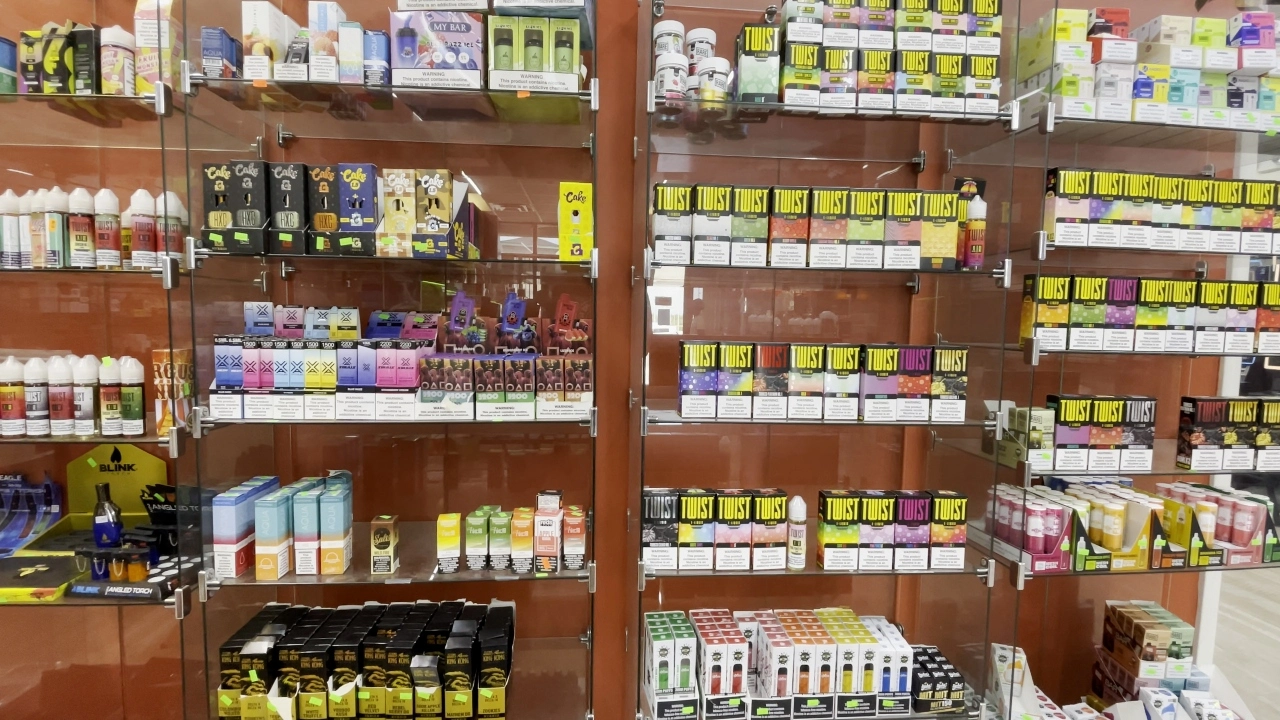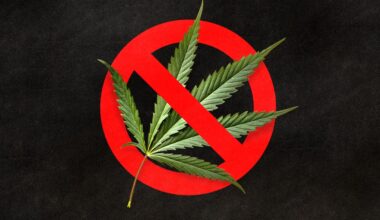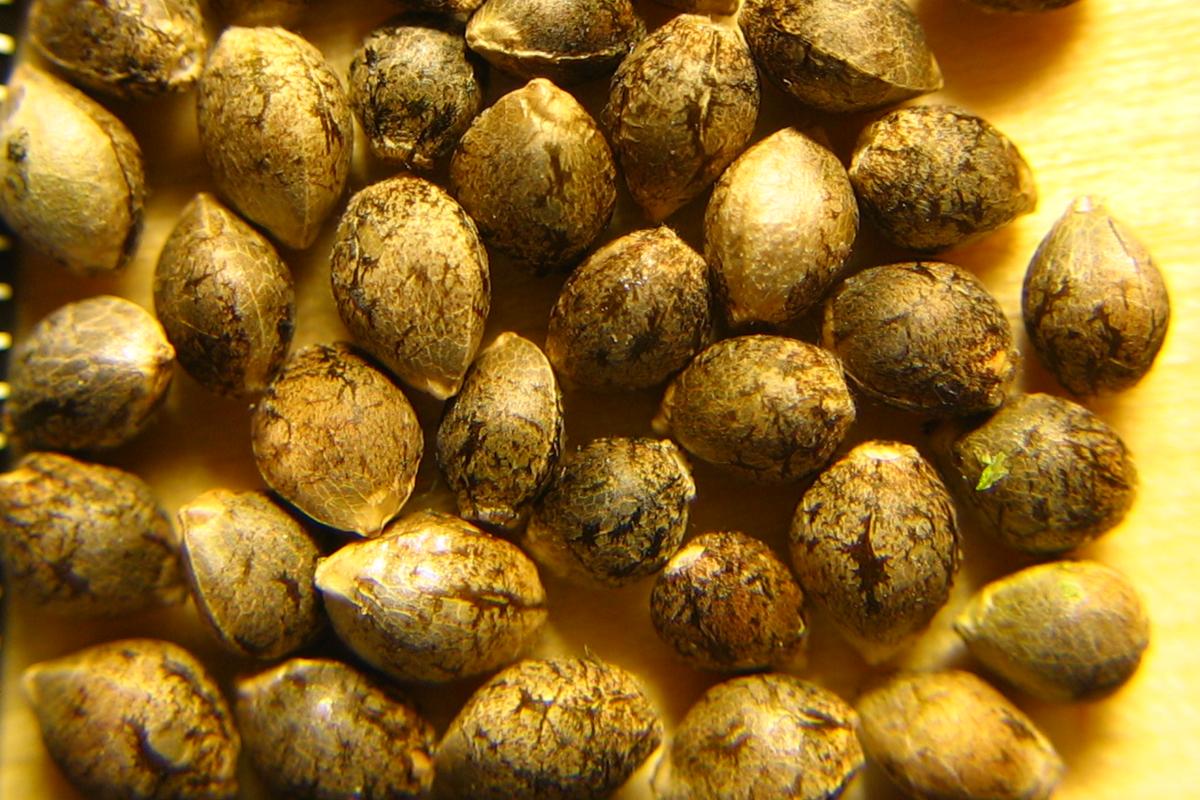Hemp THC products become prohibited under federal law in late 2026 under the spending bill signed by President Donald Trump last week.
But some regulated cannabis merchants aren’t waiting until then to stamp out hemp sector competition, as a lawsuit filed Thursday by some Missouri marijuana operators shows.
A coterie of Kansas City-based cannabis companies filed a civil lawsuit Nov. 13 against a roster of local smoke shops and other merchants selling so-called “THCA flower,” according to the Kansas City Star.
The THCA flower loophole, which some states have addressed with their own hemp THC regulations, is explicitly closed by the federal spending bill Trump signed.
The lawsuit, filed in state court in Jackson County, asks a judge to award damages and to impose a permanent injunction halting the hemp operators’ businesses, the newspaper reported.
“Licensed dispensaries are following Missouri’s rules and regulations — they’re paying taxes, paying licensing fees, testing their products, age-gating,” said attorney Chris McHugh, who’s representing the plaintiffs, according to The Star.
“Meanwhile, these totally unlicensed Temu versions of dispensaries are making millions by saying what they’re selling isn’t marijuana.”
Marijuana operators to seek tens of millions in damages from hemp THC
McHugh’s clients are seeking “tens of millions of dollars” in damages, he told the newspaper.
He also plans to file more lawsuits across the state on behalf of other licensed cannabis retailers, he said.
The legal action follows a report compiled by a marijuana industry trade association that claims 96% of the “hemp THC” products sold in Missouri are illegal marijuana.
Hemp operators are exploiting the so-called 2018 Farm Bill “loophole” to sell intoxicating marijuana products outside state-regulated channels, MoCannTrade said.
Missouri is still considered one of the legal cannabis industry’s success stories.
The state recorded $1.5 billion in legal sales in 2024, the market’s second year of operation.
That’s more sales than was reported in New York state, despite a much larger population.
THCA, hemp-derived THC banned federally – but what happens next?
The lawsuits also come on the heels of the spending bill passed by Congress last week that redefines hemp under federal law to ban most of the $28.3 billion national hemp industry.
The spending bill redefines hemp as only “the plant Cannabis sativa… and all derivatives, extracts, cannabinoids… with a total tetrahydrocannabinols concentration (including tetrahydrocannabinolic acid) of not more than 0.3 percent on a dry weight basis.”
That would close the THCA loophole that some merchants use to sell THCA flower online and outside of state-regulated marijuana channels.
However, it’s unclear who would enforce the new rules – and whether states that already regulate hemp-derived THC would ignore the federal ban.
The nationwide “THCA flower” market by itself is worth hundreds of millions of dollars annually, according to one estimate.
Also removed from the definition of hemp are cannabinoids that:
- “(A)re not capable of being naturally produced” by the cannabis plant, which would include HHC.
- “(W)ere synthesized or manufactured outside the plant,” which would include THC-P.
Subscribe to the MJBiz Factbook
Exclusive industry data and analysis to help you make informed business decisions and avoid costly missteps. All the facts, none of the hype.
What you will get:
- Monthly and quarterly updates, with new data & insights
- Financial forecasts + capital investment trends
- State-by-state guide to regulations, taxes & market opportunities
- Annual survey of cannabis businesses
- Consumer insights
- And more!
Medical Disclaimer:
The information provided in these blog posts is intended for general informational and educational purposes only. It is not a substitute for professional medical advice, diagnosis, or treatment. Always seek the advice of your physician or other qualified healthcare provider with any questions you may have regarding a medical condition. The use of any information provided in these blog posts is solely at your own risk. The authors and the website do not recommend or endorse any specific products, treatments, or procedures mentioned. Reliance on any information in these blog posts is solely at your own discretion.






